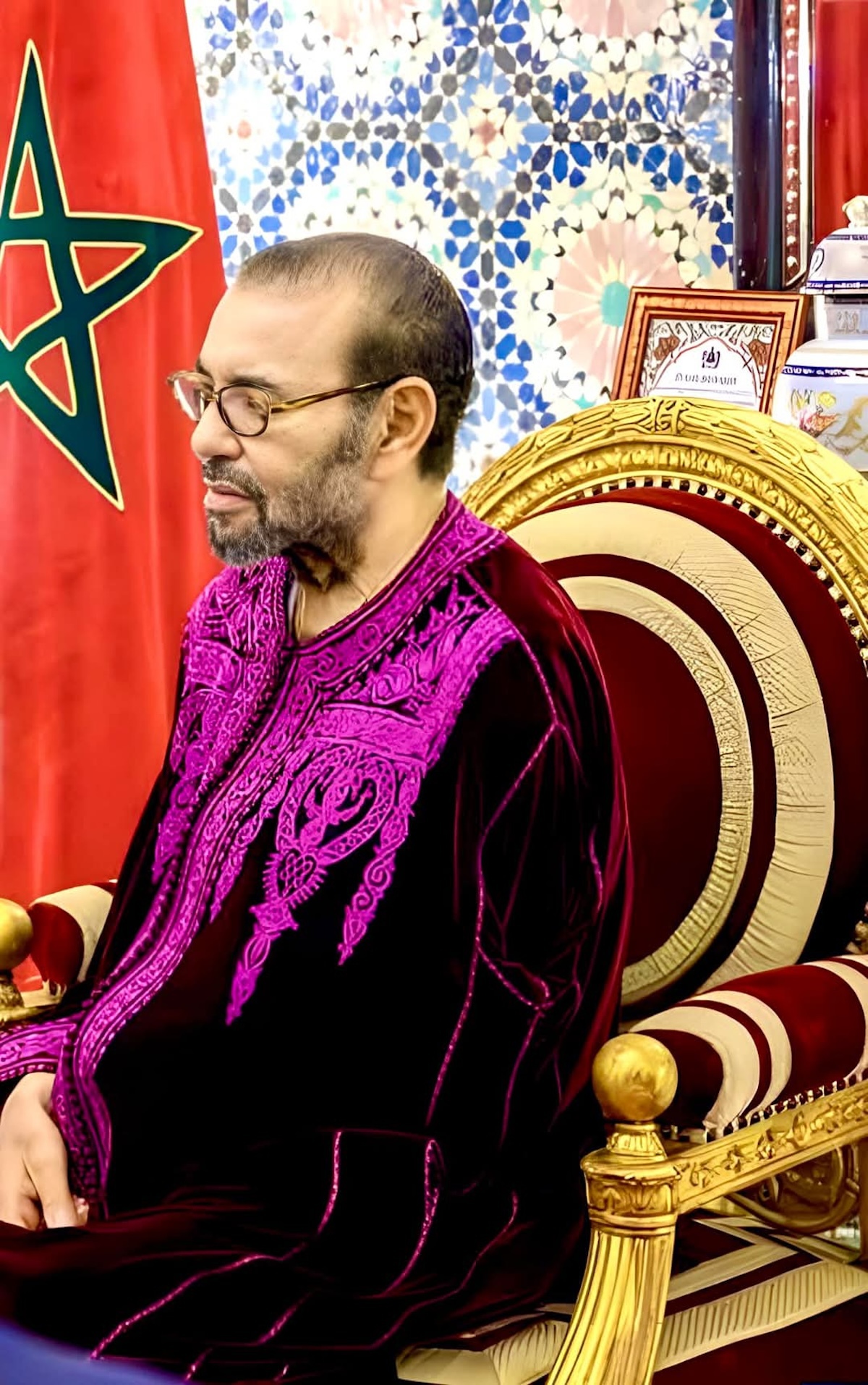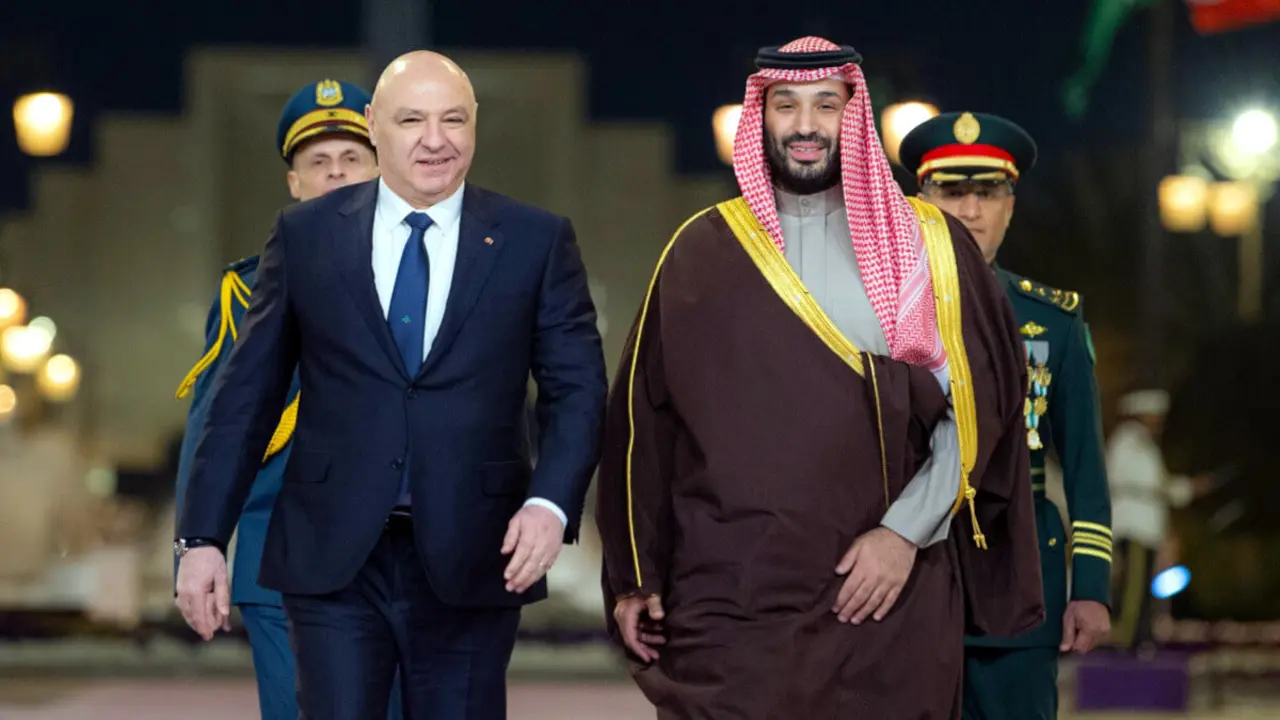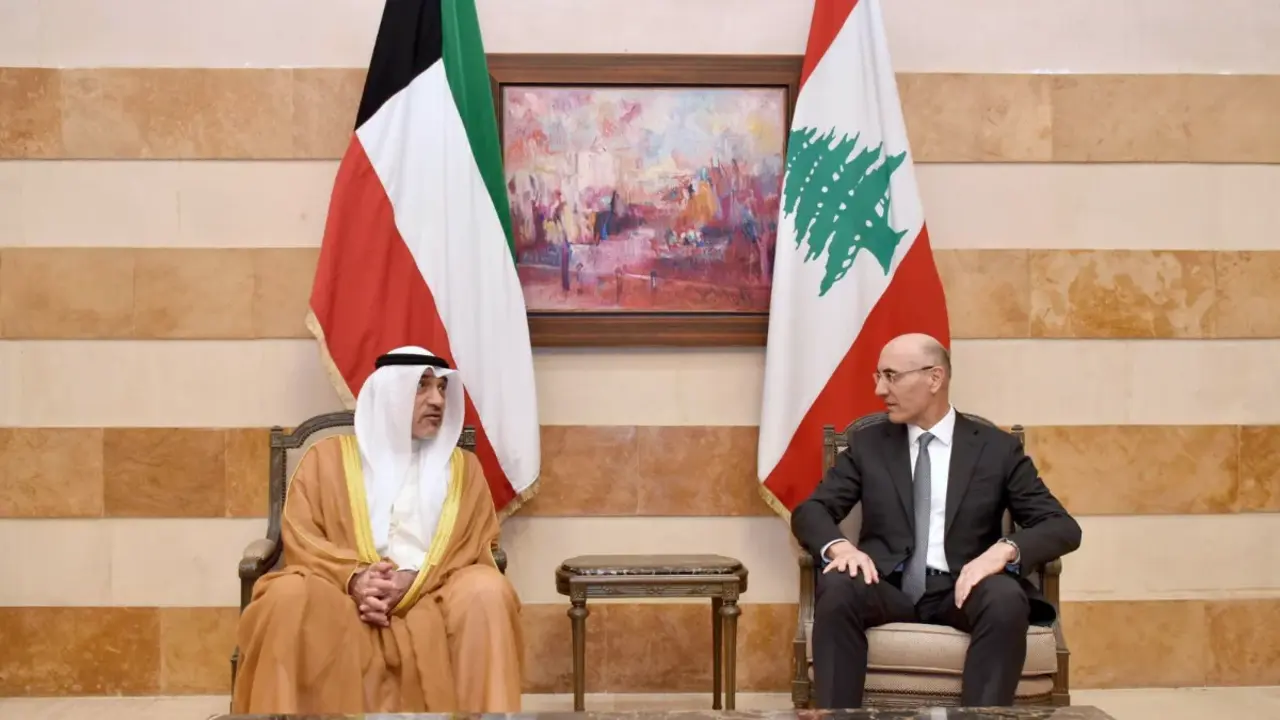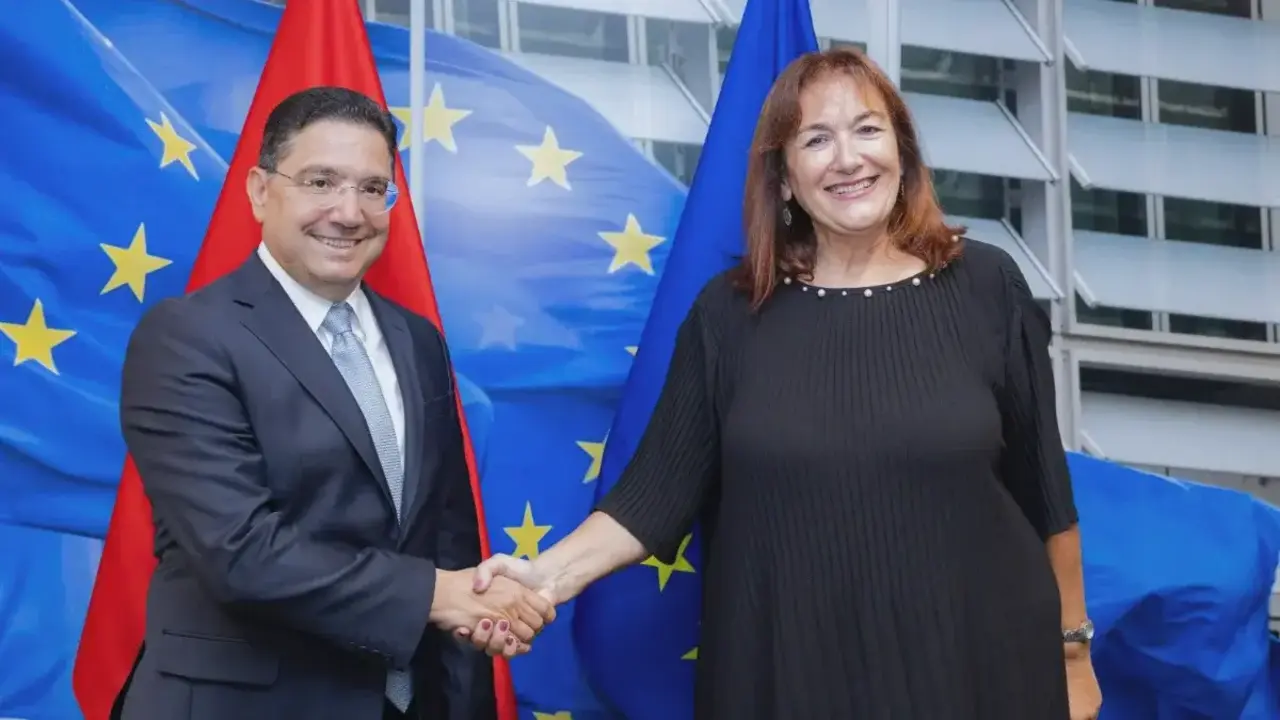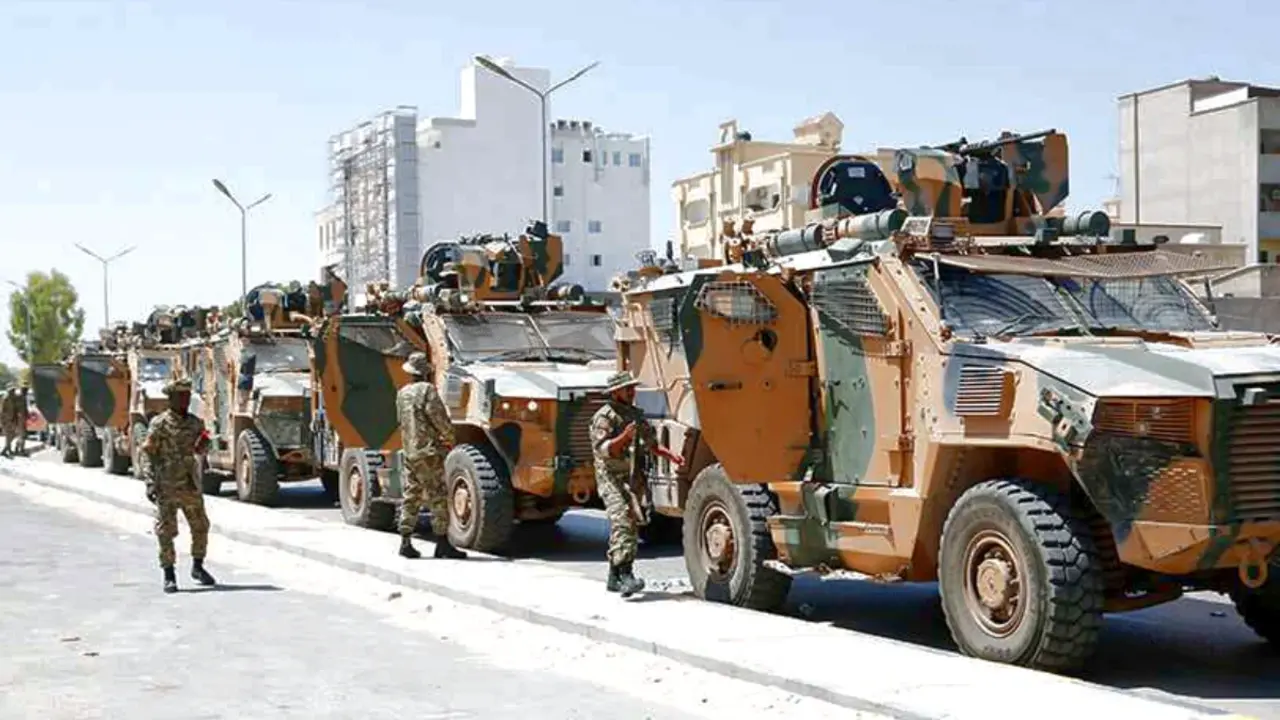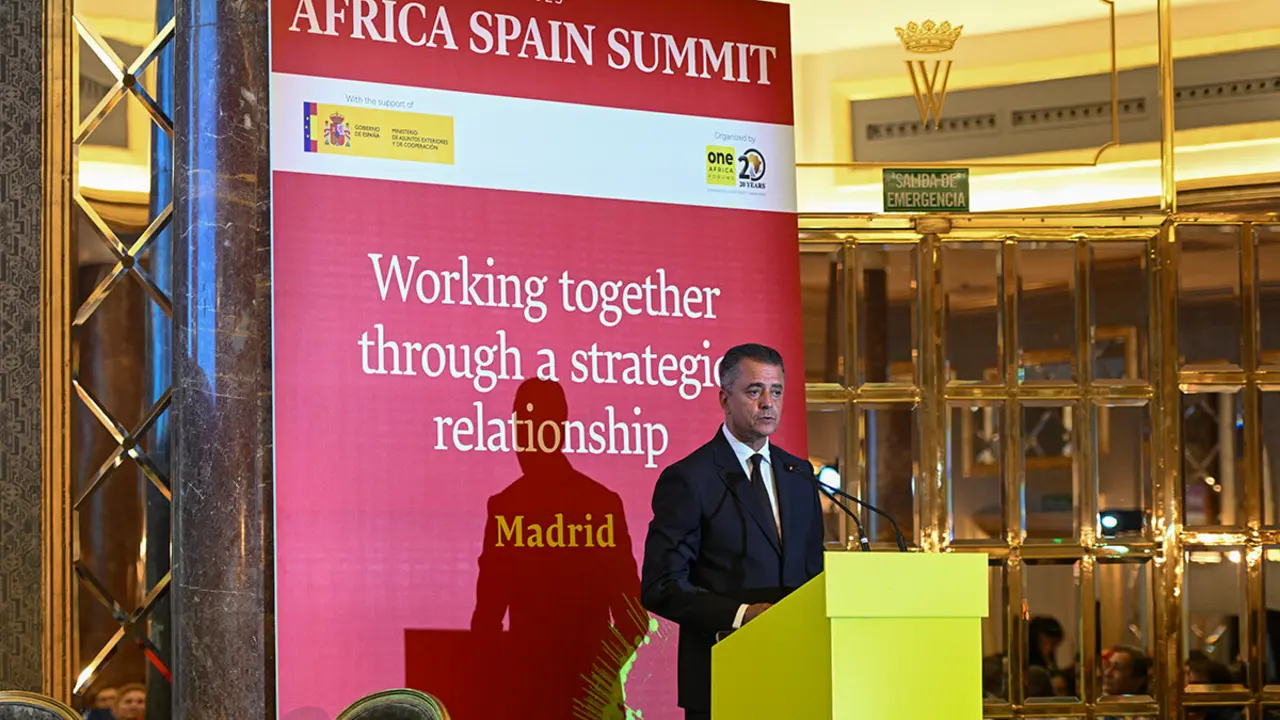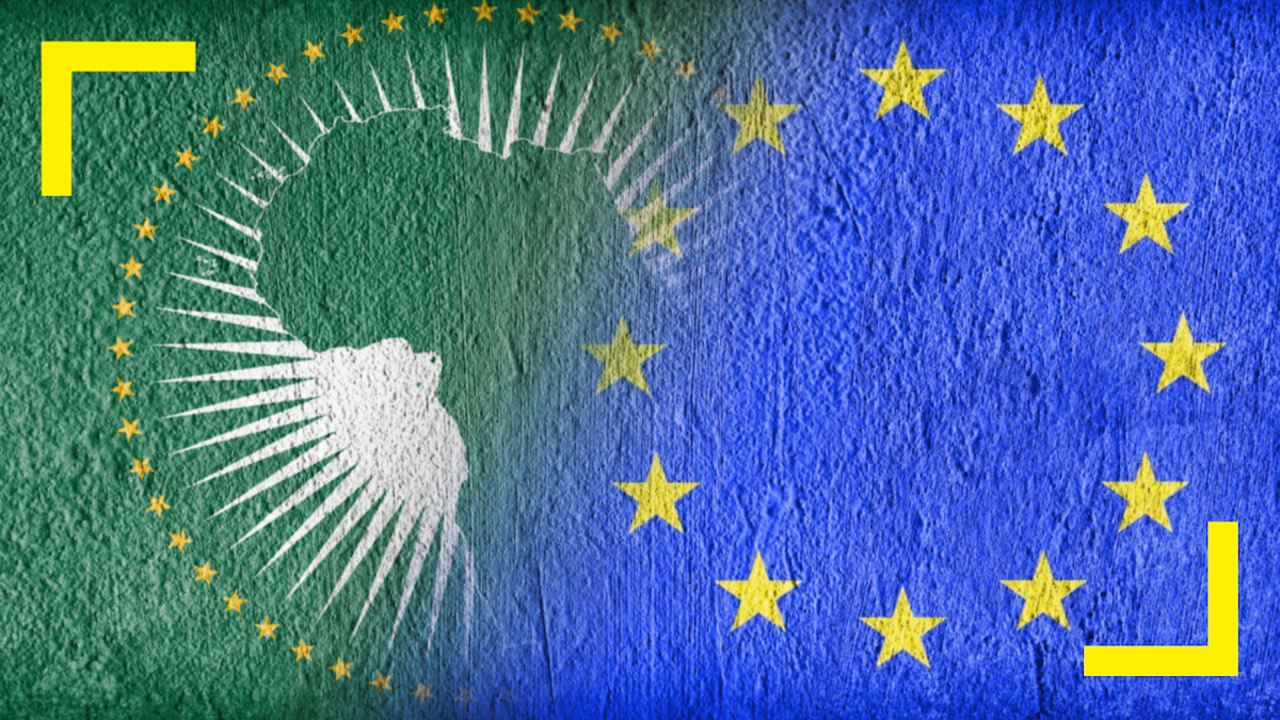Morocco faces a wide-ranging reform of the Family Code with the impetus of Mohammed VI
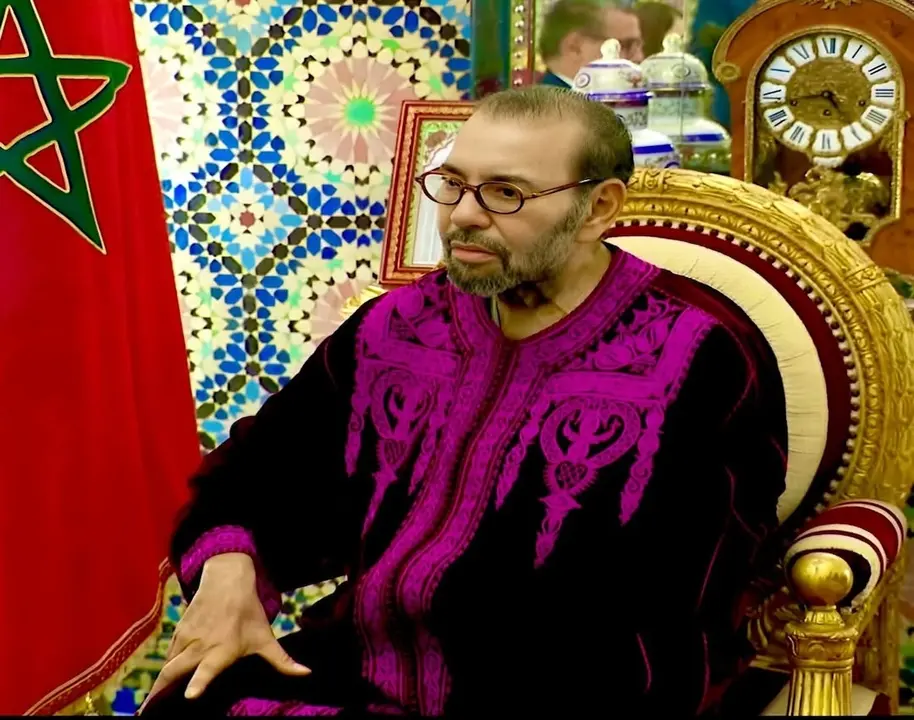
This reform project, twenty years after the adoption of the initial Code, aims to strengthen the Moroccan family as the basic unit of society and to respond to the current challenges it faces, whether social, economic or legal.
At this session, Mohammed VI stressed the importance of a clear and coherent legislative framework, capable of eliminating any legal ambiguity and ensuring the protection of all stakeholders within the family.
The revision of the Code, although based on proposals for amendments already submitted, requires a careful analysis of religious and social values, as well as the best interests of the family, whose issues go far beyond the legal sphere.
This process was marked by exemplary consultation, involving not only religious authorities, represented by the High Council of Ulema, but also government authorities and civil society actors, thus ensuring an inclusive and informed approach.
“Constructive Ijtihad”.
The Royal initiative emphasizes the principle of “Constructive Ijtihad”, an approach that allows adapting the law to the evolution of society without deviating from the fundamental principles of the Sharia. This recourse to a profound reflection on the transformations of the Moroccan family testifies to the modernity and pragmatism demonstrated by the Kingdom.
Thus, the reform of the Family Code embodies the harmonization of Islamic norms with modern values, ensuring that the reform remains faithful to traditions and open to contemporary realities.
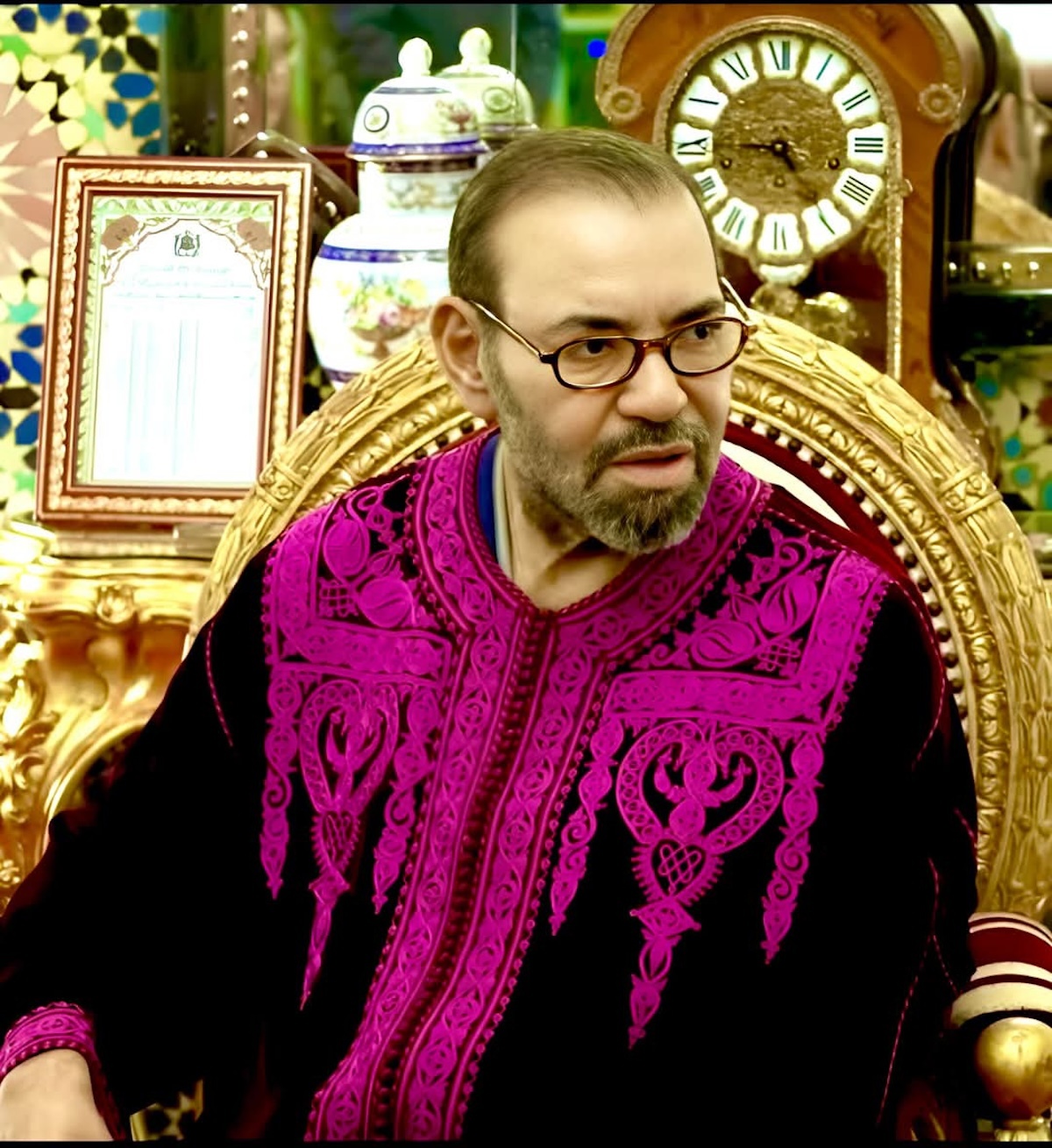
Finally, the King stressed the importance of a transparent communication of these reforms, to ensure each citizen a better understanding of his rights and obligations, while facilitating access to family justice.
The impetus given by Mohammed VI represents, therefore, not only a legislative revision, but a real social project, where the family is strengthened in its central role and where justice and equality prevail while respecting fundamental principles.
Main novelties on the reform of the Family Code
- Only the act can certify the marriage, with some exceptions;
- Granting of the legal guardianship of the children to the mother responsible for the custody;
- Moroccans residing abroad may marry without the presence of two Muslim witnesses;
- The minimum legal age for marriage is 18 years and can go up to 17 years in certain cases. It will be impossible to marry before the age of 17.
- If the wife has set the condition of monogamy for her husband, polygamy will be illegal. With rare exceptions.
- The inheritance of daughters: the father has the right of donation during his lifetime to his daughters, even minors.
- Maternal custody remains valid even after the mother remarries.
- In case of difference of religion between the two spouses, each of them may have recourse to a donation or a will.
- Consideration of the wife's chores in the home as a contribution to the development of the assets acquired during the marriage;
- Exclusion of the marital home from the inheritance in order to preserve it (the wife keeps the home in case of the husband's death, until his death).
-
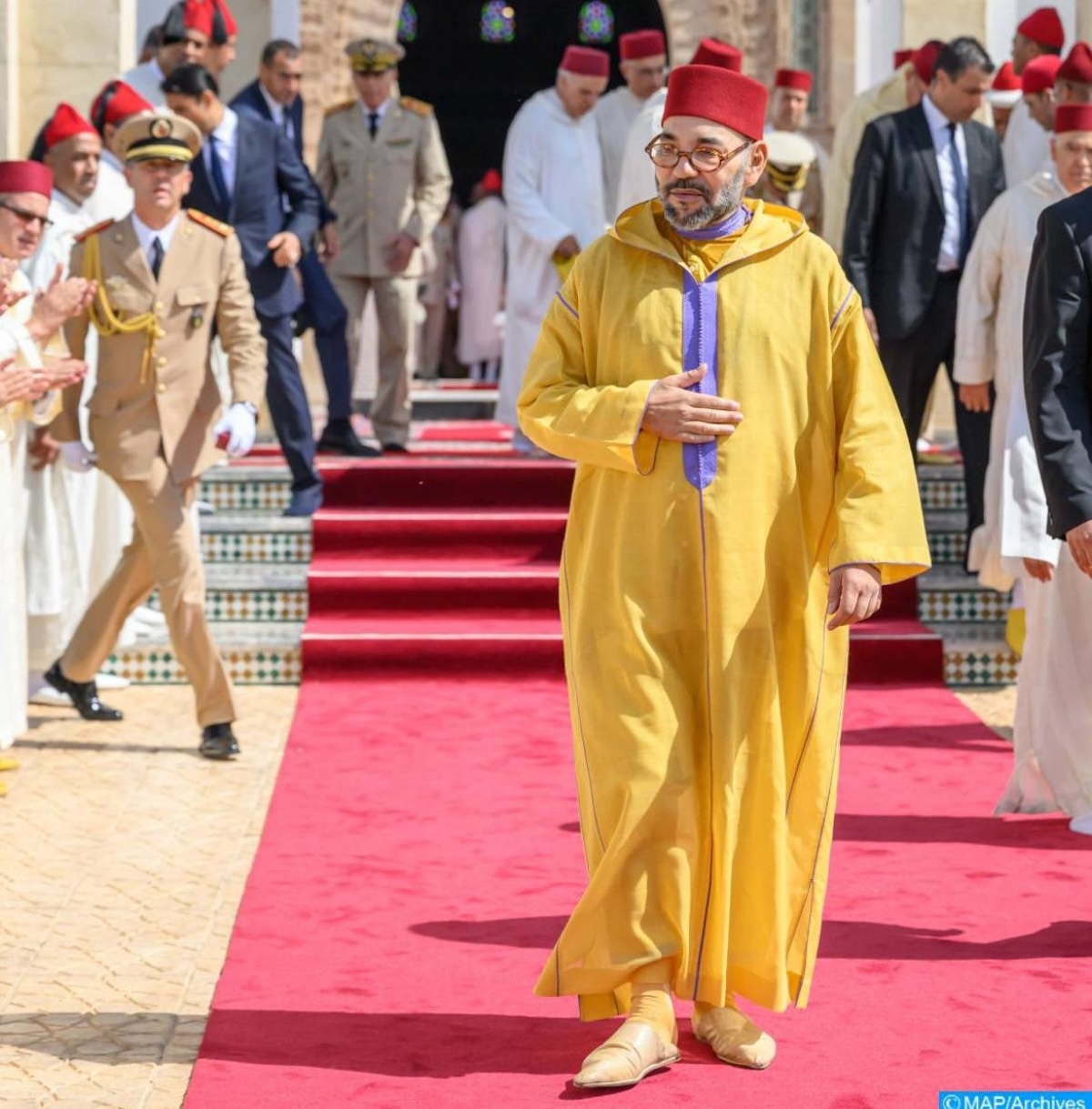
Mohammed VI
Higher Council of the Ulema
Main reforms validated by the Higher Council of the Ulema in the framework of the revision of the Family Code: Al Moudawana:
1.- Issues relating to formal texts that do not authorize Ijtihad
- Use of genetic knowledge to establish paternal filiation;
- Repeal of Taâsib rule (male succession only in certain cases);
- Succession between a Muslim and a non-Muslim.
2.- Shariah-compliant proposals with the approval of the High Council of Ulemas
- Marriage abroad: possibility for Moroccans living abroad to sign a marriage certificate without Muslim witnesses, if this is impossible.
- Legal guardianship of children: granting legal guardianship to the mother responsible for the custody of the children.
- Wife's contribution: recognition of the wife's work within the home as a contribution to the development of assets acquired during the marriage;
- Nafaqa (alimony): obligation to provide alimony as soon as the marriage certificate is established;
- Exclusion of marital domicile: exclusion of marital domicile from inheritance;
- Community property: prioritization of the rights of the spouses over the community property in relation to other debts;
- Custody of children: maintenance of the custody of the divorced mother, even in case of remarriage.
